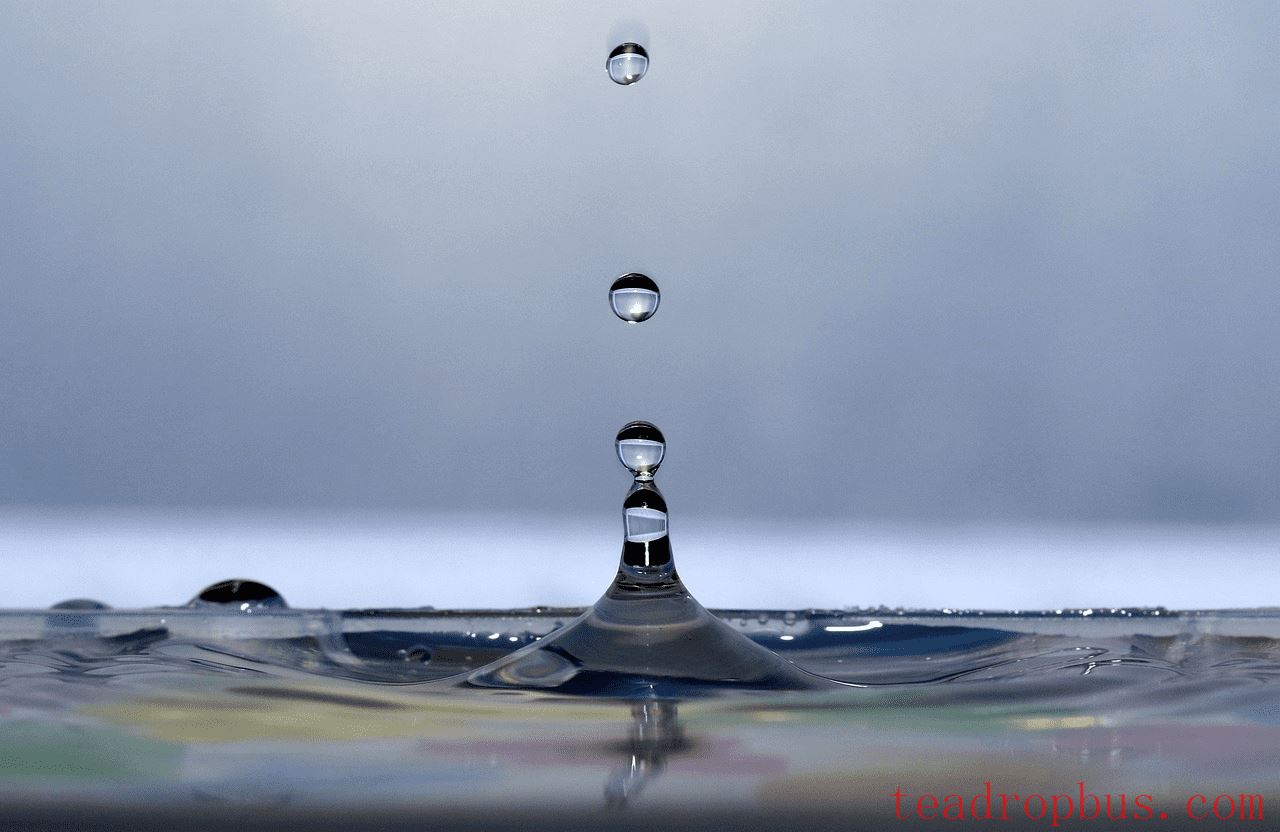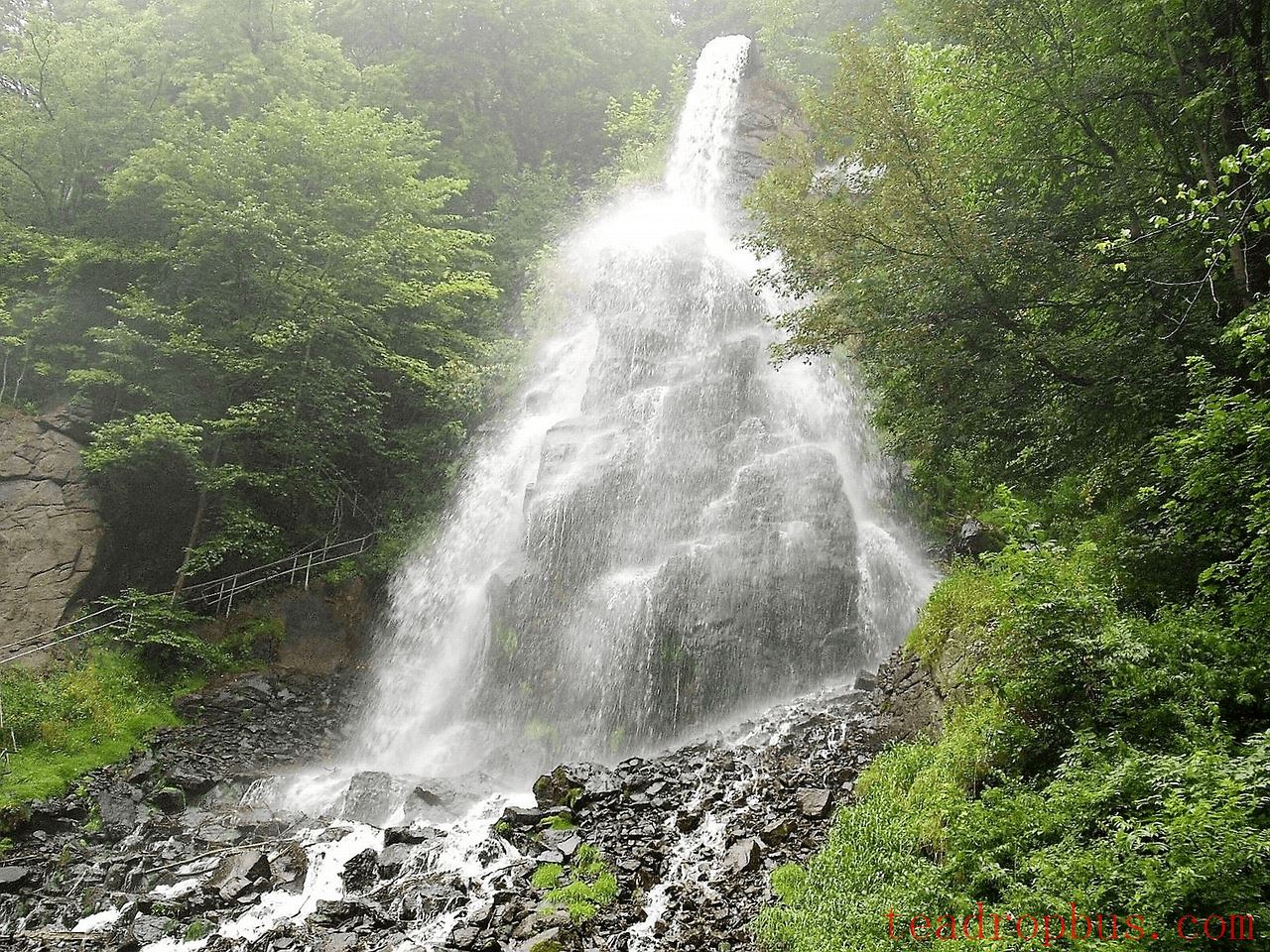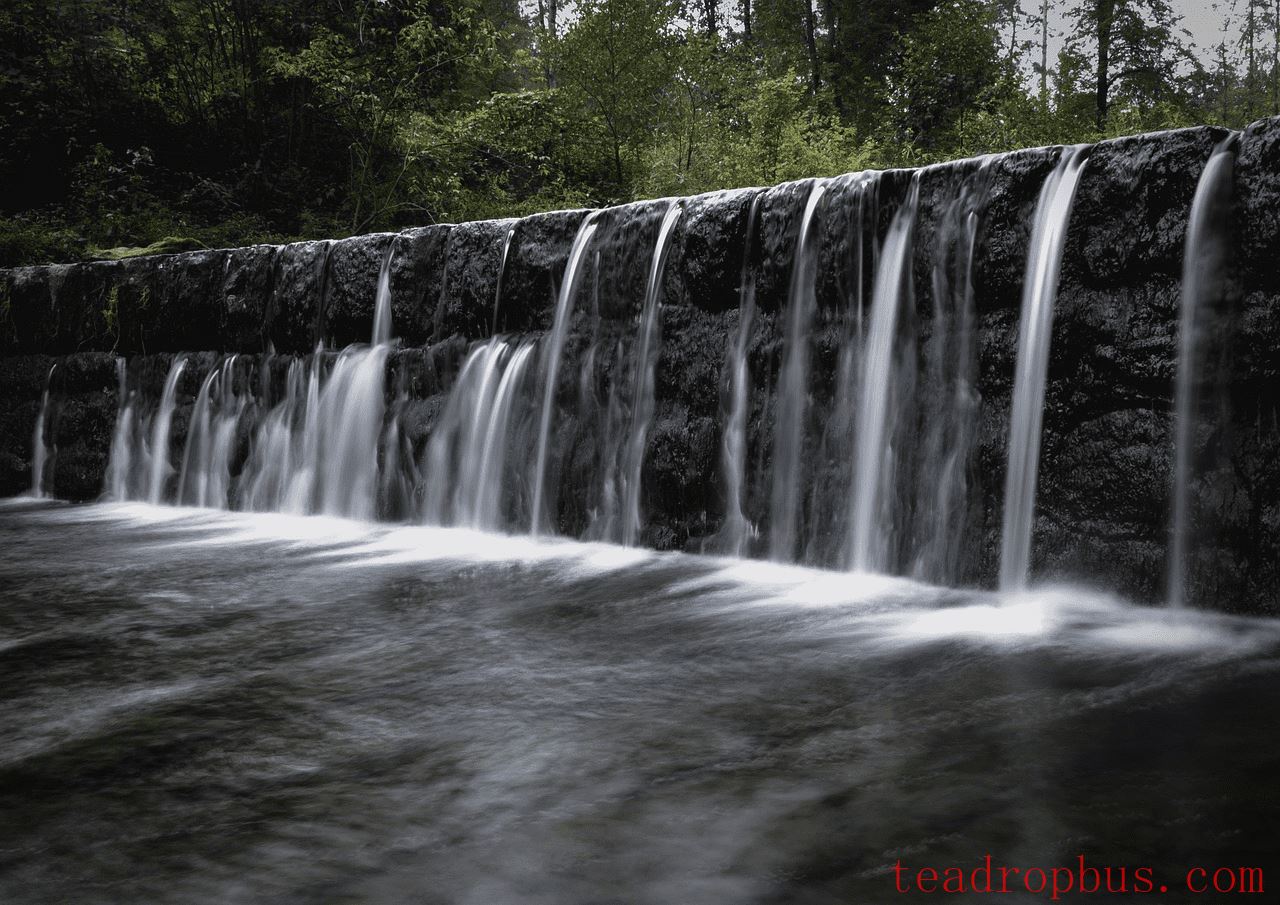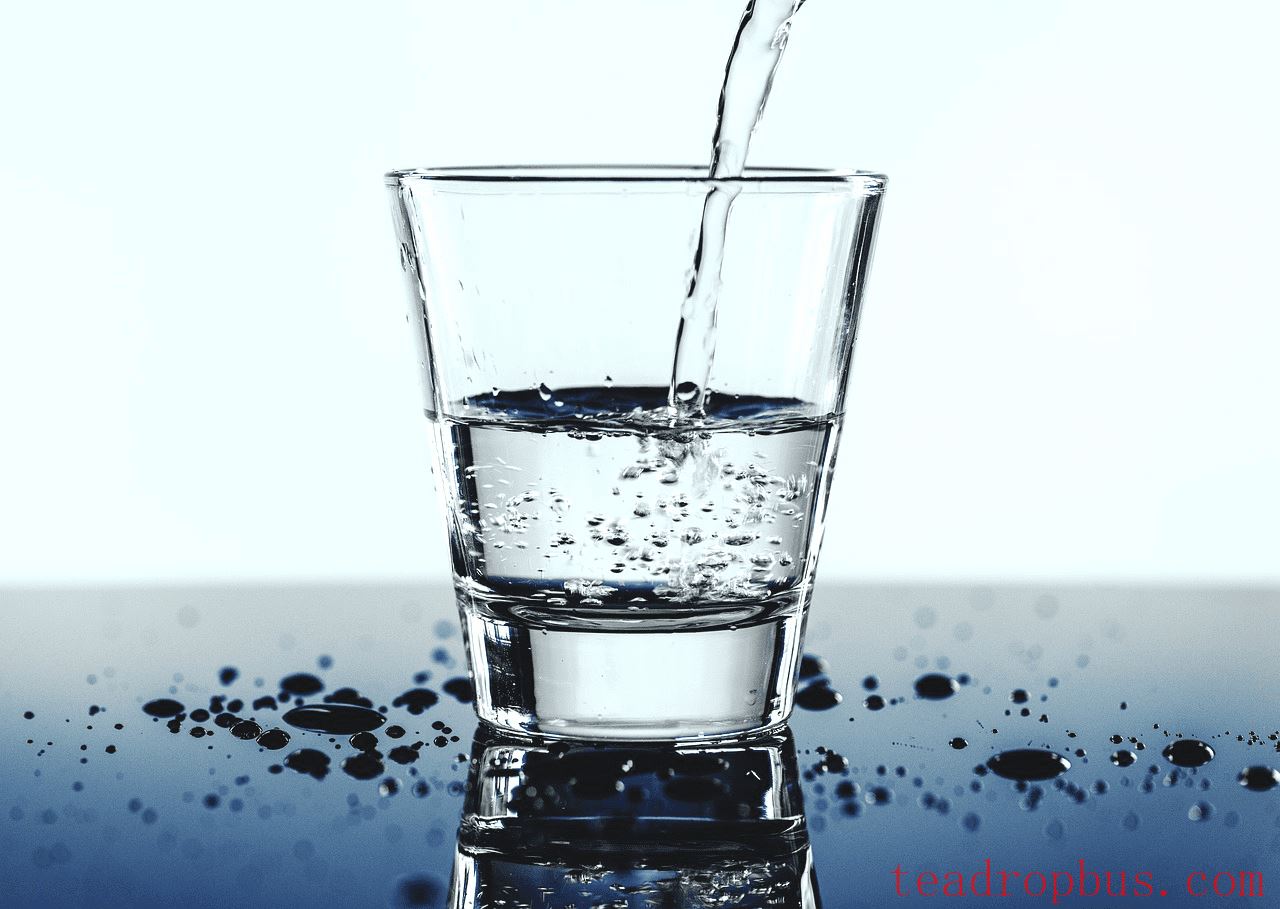In China's long-standing Tea culture, the “Classic of Tea” is an indispensable classic text for studying the art of tea. Lu Yu's “Classic of Tea” not only meticulously records knowledge about types of tea, picking, processing, and tasting, but also offers unique insights into the water used for brewing tea. This article will delve into the selection of water for tea as described in the “Classic of Tea,” as well as how to choose the most suitable water for brewing based on these principles.

The Philosophy of Water in the “Classic of Tea”
Lu Yu mentions in the “Classic of Tea” that water is the mother of tea, and good water can enhance its aroma and flavor. He believed that the choice of water has a critical impact on the quality of tea. In the “Classic of Tea,” Lu Yu categorizes water into different grades, with mountain spring water being the best, followed by river water, and then well water.
Mountain Spring Water:
Mountain spring water is highly regarded for its purity, sweetness, and vitality. It typically originates from deep forests and mountains, naturally filtered through rocks and soil, and is rich in minerals, significantly enhancing the aroma and Taste of tea.

River Water:
Although not as pure as mountain spring water, river water maintains a certain freshness and vitality due to its flow. Lu Yu believed that river water is suitable for brewing teas that require stronger water dynamics, such as Tie Guan Yin.

Well Water:
Well water comes from deep underground, often at a low temperature and with stable water quality. Although it may contain more minerals, it can still be good water for brewing tea if properly treated.
Selecting Water in Modern Life
In modern life, we may not always have access to the ideal water sources described in the “Classic of Tea.” However, we can follow its principles and choose water that is close to nature, pure, and vital. For example, using filtered purified water or mineral water can provide a similar purity and taste to mountain spring water.

Additionally, modern technology provides us with more options. Devices like water purifiers and water softeners can further improve water quality, making it more suitable for brewing tea.
The Impact of Water Quality on Tea
The hardness, purity, and mineral content of water all affect the final quality of tea. Hard water, containing higher levels of calcium and magnesium ions, can affect the aroma and taste of tea. Soft water, on the other hand, is better for brewing tea because it can release the aroma and flavor of the leaves more effectively.
The purity of water is also crucial. Impurities and odors in the water can directly impact the quality of tea. Therefore, choosing pure water is key to brewing a good cup of tea.
Conclusion
The principles of selecting water for brewing tea outlined in the “Classic of Tea” remain relevant today. While we may not be able to fully replicate the ancient tea-brewing environment, understanding these principles can help us find the most suitable water for brewing tea in modern life.
Remember, brewing tea is not just a skill, but also an enjoyment. Choose good water, Brew a fine cup of tea, and enjoy a wonderful moment.